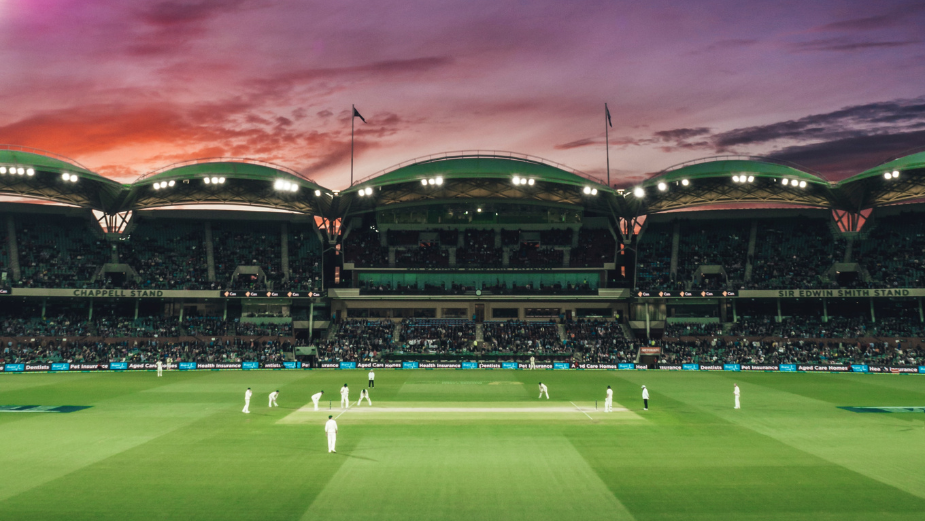
A parliamentary committee has this week recommended the government ban gambling advertising to tackle an “addiction crisis”, citing serious fears of the long-term effects of such advertising on children. The committee also called for a national ombudsman to deal with complaints about the industry, among 31 total recommendations.
The gambling industry spent $310 million on advertising in 2022. Australia is considered the biggest gambling nation in the world, about 20% more than the next biggest gambler, with 80% of Australian adults online gambling.
Paper Moose, a Bcorp-accredited creative agency, fully backs the idea of a government-imposed ban on gambling advertisements Paper Moose CEO and executive creative director Nick Hunter said the agency is committed to the benefit of all stakeholders.
“A fundamental part of our mission involves considering the societal and cultural implications of the advertising we create and the clients we represent,” Nick said.
“Given the widespread harm that gambling has inflicted in Australia, we fully back the idea of a government-imposed ban on gambling advertisements. Despite never having worked with gambling organisations, we’ve been presented with plenty of opportunities to do so.”
Despite never having worked with gambling organisations, Nick says Paper Moose have consistently and consciously knocked back opportunities to do so, citing a contrast with their agency’s values and ethical commitments.
“The backlash against the proposed ban is a fascinating testament to the normalisation of gambling in Australia and how the broader public remains largely unaware of its detrimental impacts.”
“As for the influence of advertising, there’s no denying its power in moulding societal attitudes and behaviours. As advertisers, we should wield our power of creativity, responsibly and ethically. This means prioritising transparency and promoting products and services that contribute positively to society and avoiding those that cause harm or prey on vulnerabilities.”
According to The Cabin, a specialist addiction treatment centre that deals with substance addictions as well as process addictions like gambling, 400 Australians commit suicide as a result of gambling addictions every year.
“Advertisers need to start taking into account not just what sells, but what impacts the public’s wellbeing,” Nick says. “In a world, increasingly chock-a-block with messages vying for our attention, the role of advertising becomes more critical than ever. We must be mindful, and proactive in shaping a media landscape that is both profitable and beneficial to society at large.”
However, free TV Australia, the peak industry body for Australia’s commercial free-to-air broadcasters, warns that an extreme approach to advertising restrictions will harm Australian viewers and have called for a measured response to the recommendations.
Responding to the Committee’s recommendations, Bridget Fair, Free TV CEO, said “The Committee’s proposed ban is based on a fundamentally flawed premise that the advertising market is some kind of magic pudding. But reductions in advertising revenue in the current economic and competitive environment can only result in less funding for Australian content.
“While we appreciate that there are concerns in the community regarding the volume of gambling ads, kneejerk moves to implement outright bans will ultimately hurt viewers and the television services they love.”
The Interactive Advertising Beureau Australia (IAB), the peak trade association for online advertising in Australia, has also called for a considered response to the recommendations.
Gai Le Roy, CEO of IAB Australia said that the body recognises the community concern in relation to gambling advertising and is willing to work constructively with the Government, but doesn’t believe an outright ban is necessarily the appropriate response.
“There are a range of tools available to manage the delivery of ads online and we would urge the Government to give further thought to how these can best be utilised to reduce the volume of gambling advertising,” Gai said.
“In the current economic climate, any advertising restrictions will affect the industry’s ability to support the delivery of freely available content and services online. Outright bans will have a significant negative impact across the market.”
As the discussion around gambling advertising continues to evolve, it remains to be seen where other agencies fall on the issue. The potential shockwaves through the local industry could alter the landscape significantly in the coming years as advertisers grapple with increasingly strict gambling advertising laws.